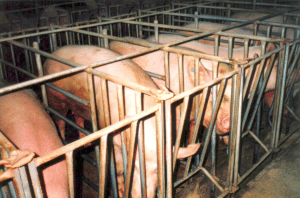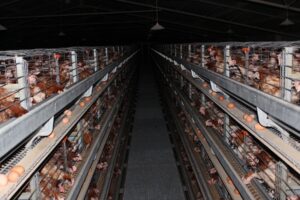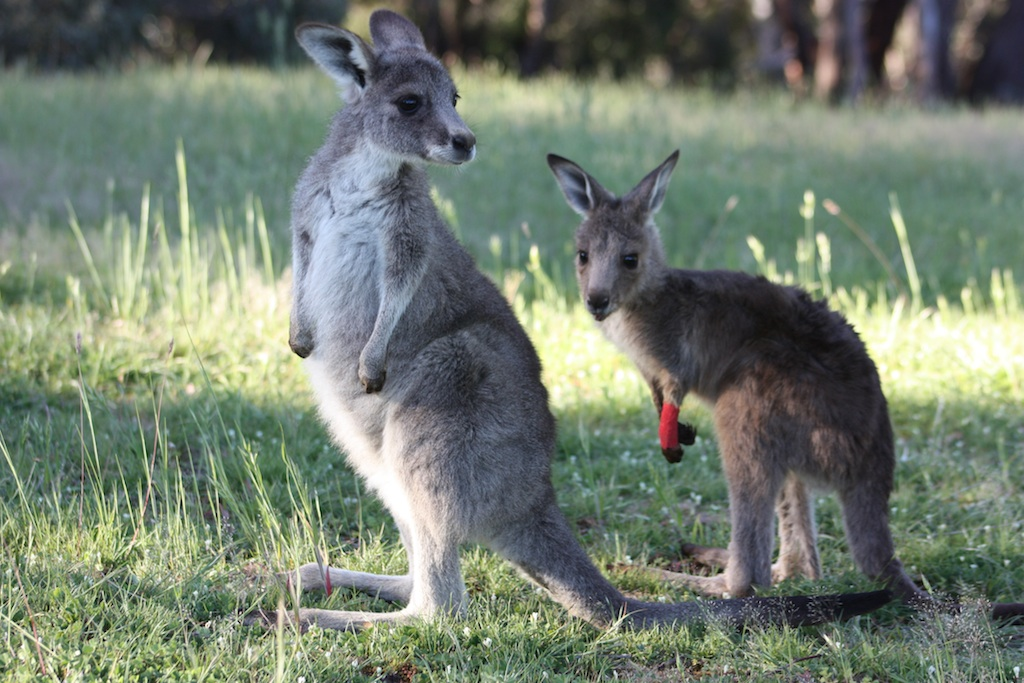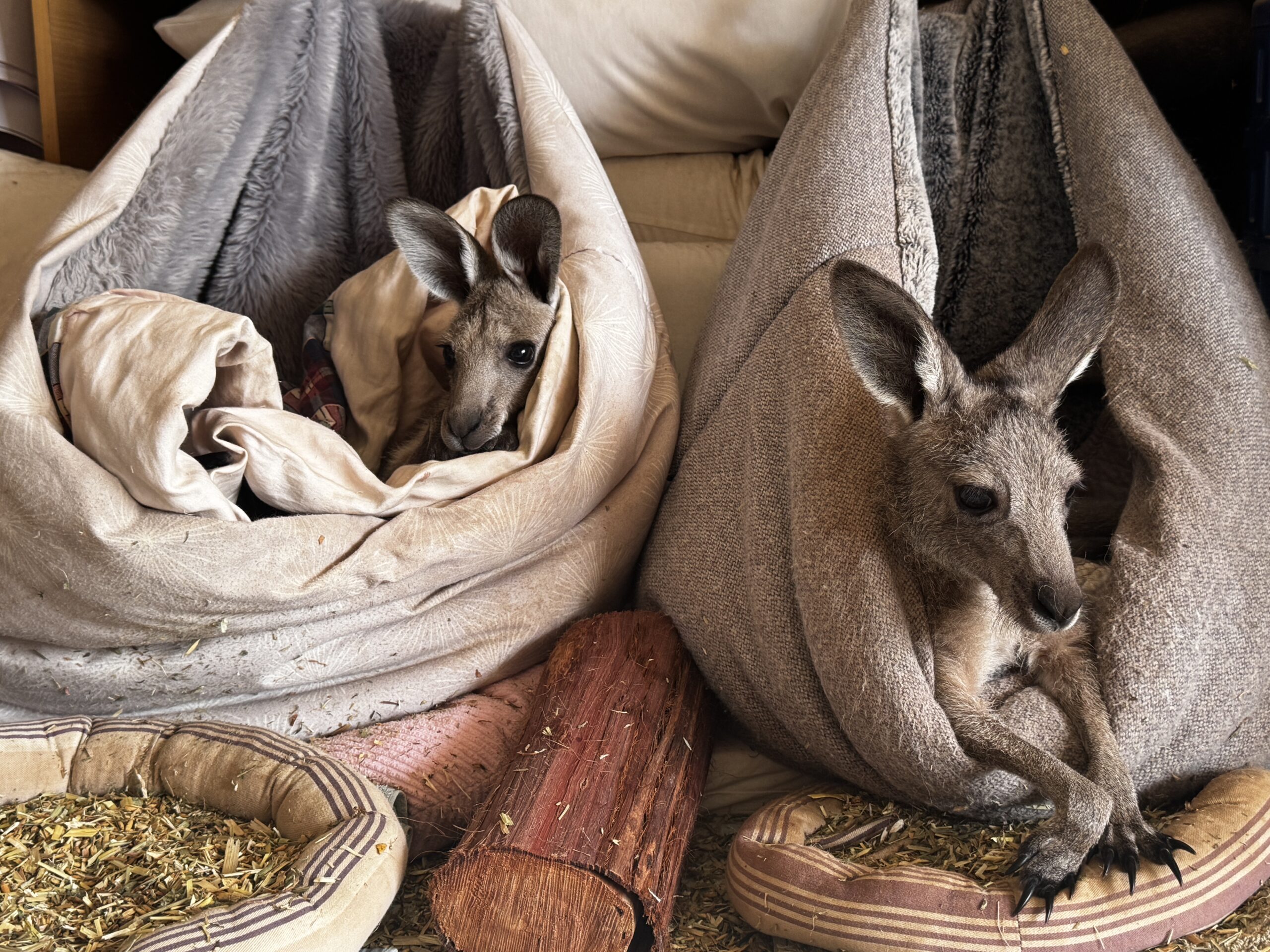Data on NSW licencing reveal the extent of Government-sanctioned destruction of native animals in the state | Conservation groups and wildlife carers to provide evidence of the extent of cruelty at inquiry into licensed killing SYDNEY (5 February, 2026)—Humane World for Animals Australia (previously Humane Society International Australia) will...
It is a simple truth that the behavioural needs of pigs, chickens, cattle, sheep and the pain they experience is the same wherever they are kept in the world.
As the trade negotiations between the European Union and Australia edge closer towards conclusion, the question remains – will this trade deal benefit the millions of animals in Australia that are farmed for export?
Since the initial launch of these trade negotiations in 2018, the EU has decided to seriously up its game when it comes to improving farm animal welfare. In 2020, the European Commission committed to delivering a package of legislative proposals by the end of 2023 to completely revamp the EU’s animal welfare legislation to bring it in line with current scientific understandings.
This means that the already significant gap between the EU and Australia on the animal welfare front is set to further widen. It is no secret that the European Commission intends to propose a ban on the caged confinement of food-producing animals. This will effectively mean an end to the use of enriched battery cages for laying hens and the complete elimination of crates for sows.

It is also expected that – in addition to more generally improving on-farm welfare conditions, the Commission will propose a ban on various surgical mutilations, such as tail-docking in pigs, and the systematic killing of day-old chicks.
What, however, should really make Australia sit up and take notice is the likelihood of the Commission proposing the introduction of animal welfare requirements at import. This will effectively mean that most animal products imported into the EU will eventually need to be produced under equivalent animal welfare requirements to be able to be placed on our market.
With Australia seeking better access to the EU market for its meat and dairy products, we should consider ourselves put on notice that we need to take action to make some significant changes in the way in which we raise animals for food. If we do not bring our animal welfare standards up to scratch, we run the risk of not being able to gain market access to the EU.
To avoid this, the Albanese government needs to urgently reform Australia’s animal welfare standard setting process, which is widely condemned as slow, ad hoc and haphazard, not to mention unresponsive to science and community expectations. Our poultry standards being a case in point after they took seven long years to negotiate and will not ban battery cages until 2036.

It is welcome then that $5m has just been allocated in the federal budget for an Australian Animal Welfare Strategy, which the Government says will create a national approach to standard setting and restore national leadership after a decade of federal neglect. There is much ground to make up. While it is nowhere near the level of funding or significant institutional reform that is needed, it is a start.
The European Food Safety Authority’s (EFSA) scientific opinions, which will inform the planned revision of the EU’s animal welfare legislation, could provide a good starting point for us. They recognise that farm animals should not be confined to cages, nor should they be routinely subjected to surgical mutilations and certainly not without pain relief as is still allowed under Australian standards. We owe it to farm animals in Australia to pay attention to these scientific recommendations and give them far better lives – from birth and right up until they are slaughtered for food.
If that is not good reason enough for change, our government and animal agriculture industry should consider that carrying on with business as usual could mean their much sought after access to the EU market will dry up fast.
We urgently need an independent, evidence-based and efficient process to regularly review national standards, and to see that updates are promptly and uniformly implemented in every state and territory. If 27 EU countries can manage to regularly update their standards, our federal system is really no excuse.
Authors:
Dr Joanna Swabe Senior Director of Public Affairs at Humane Society International/Europe
Nicola Beynon is Head of Campaigns at Humane Society International/Australia


